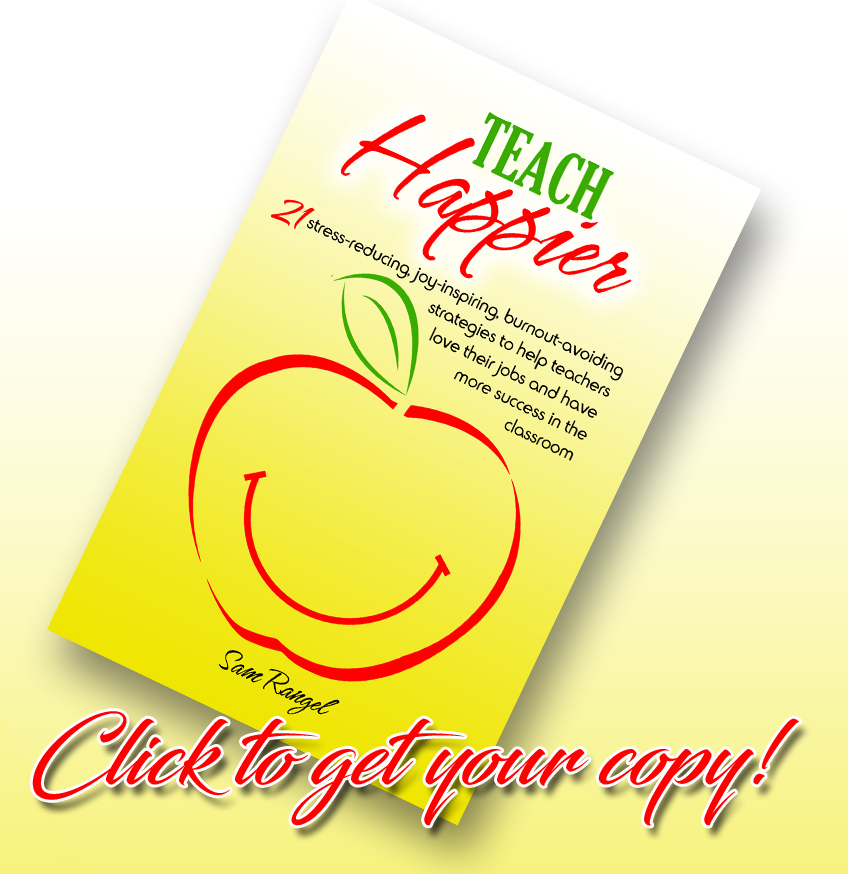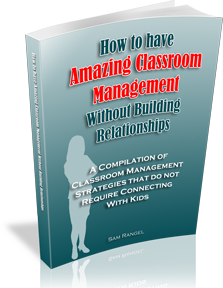In my Adult Education course I was recently asked to share a resource related to Emotional Intelligence (EI). I found several articles and this video geared towards using the attributes of EI in the workplace. It struck me that this may be helpful to teachers edging towards burnout.
First of all because sometimes the solution to burnout is to leave the profession, whether permanently or temporarily, so career help would beneficial.
Second of all because knowledge of one’s EI quotient can help with self-awareness, motivation, and social communication. These are all areas that can decrease the stress level of an anxious, overworked educator.

As with many psychological theories, there are people who don’t believe Emotional Intelligence is a valid concept. I haven’t researched it enough to know why not. The only research I have done, presumes its existence. Therefore, for the moment, I am going to go with the belief that it is real.
Daniel Goleman wrote Emotional Intelligence: Why It Can Matter More Than IQ in 1995. He made reference to the importance of developing emotional awareness in children. Teachers have the ability to help with that in the classroom with resources like Mind Yeti. For teachers themselves there is a growing interest in providing EI resources and practices within the working environment.
Resources such as The Zen Teacher site and book are aimed at helping educators weather the more trying times in their profession. I think this is a great road to go down. I think everyone in education is constantly looking for positive change. Whether in the students, in technology, the latest best practices, new resources. How wonderful to think awesome teachers can find ways to deal with stress and face the changes in a positive way, then stick around and continue to be awesome in the classroom!
No matter where you are in your teaching career, here are a few simple thoughts and actions that can help you increase your wellbeing and level of EI. These can be done in the moment, in the classroom or elsewhere in the school. As you become more aware of how your emotions affect you, continue to be open and honest with yourself so you can navigate a path out of stressful situations. Take good care of your mental and emotional self so that you can make the best decisions that will lead to the most positive growth.
- Check in with yourself.
What is your gut feeling? Are you ignoring any emotions? What is your body telling you? How does today compare with other recent days?
- Just say no.
I have said this in my blog several times. No one can make the word ‘no’ come out of your mouth but you. It’s okay to take a moment and consider saying no. Check in with how the request makes you feel and, if there are any anxieties, are they real or irrational?
- Breathe.
Slow it down. Count to ten. In and out. It actually does really work. Not only because it calms your physical system, but also because it kind of forces you to think, be aware, and be rational.
- Look in the mirror.
Face your reflection or catch a quick glimpse walking by a window. Remind yourself you are not a cog in the educational machine. You are a unique individual and should not try to be someone different at school than you are elsewhere. You are just as whole and deserving of respect as everyone around you. You are full of gifts and talents to share. Remind yourself of who you genuinely are.
- Check outside of yourself.
So, of course, the intention is not to become a self-centred faultfinder. Be aware of your students’ and coworkers’ emotions. Acknowledge others’ strengths and struggles. Remind yourself that everyone has inner battles to fight.
Other ideas for you and your students include journaling, meditation, reading uplifting non-fiction, turning off devices, making eye contact, and volunteering.
Take good care of yourself and don’t let any difficulty swallow you up. Arm yourself with an awareness of yourself and others that facilitates positive growth and change.
…………………………………………………………………
Maura O’Reilly has been an educator for nearly 20 years, in 4 countries. She understands the experience of teacher burnout and is always looking for ways to help educators overcome stress. You can reach her on Twitter @O_ReillyM, by email oreillymb1@gmailcom, or check out her blog here.



